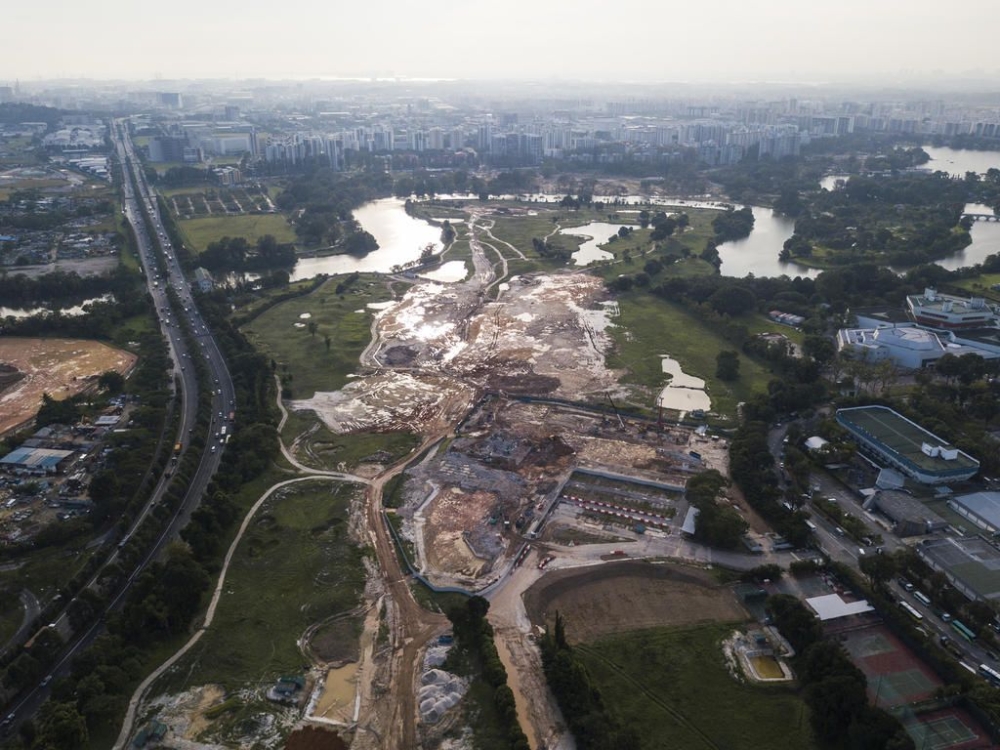APRIL 25 — In February 2024, analysts questioned the viability of the KL-Singapore high speed rail (HSR) project at RM120bil raising doubts on the private sector’s ability to fund it and that it may eventually cost more. However, some said the government has land that can be swapped with those to be acquired for the project.
A few days ago, according to market insiders, the figure has drastically been reduced to about RM70 billion — more than 40% decrease based on factors such as the length and alignment as well as the number of trains and stations required. This is lower than the initial estimation of RM72 billion when the project was first announced in 2013.
No definitive cost estimate has ever been provided.
In July last year, MyHSR Corp Sdn Bhd (MyHSR) issued a request for information (RFI), calling for concept proposals which closed on Jan 15th. MyHSR is responsible for the development and implementation of the project. The findings from the RFI evaluation will be presented to the Transport Ministry and cabinet and if the response is positive, there will be a request for proposal (RFP) to obtain detailed proposals.

In December 2023, Anwar said, the government will proceed with the project if it could substantially lower the cost.
Seven local and international consortia submitted the RFI and bidders requested for government funding. Japanese firms opt out since it would be too risky to do so without financial help from the government.
In January, Anwar said, we will look at the report on why Japanese firms pulled out of HSR project.
I wonder how the cost estimate of such a humungous project could easily and drastically be trimmed in a couple of months and in fact, lower than the initial estimate in 2013. Is it because of the statement that Anwar made in December 2023?
And was the realigned via the troubled Forest City costed in?
In March, the Edge Malaysia Weekly reported that three consortia believed to be on shortlist for the project.
Will there be a positive response from the Transport Ministry and cabinet when the evaluation is submitted especially at reduced costs?
By the way, did MyHSR look at the report on why Japanese firms pulled out as requested by Anwar? Shouldn’t we call back the Japanese firms if there are government support and the cost drastically reduced?
Did we change the goal post?
Meantime, will there be any land swap to make the project viable? If so, it will definitely favour the successful consortia and what about the government? Though the government would be the eventual owner of the land and stations, the swapped lands can be used for other more beneficial use in the short-term.
What is the estimated return on investment (ROI) based on the new project estimates? Experts have cautioned that the revenue will not be enough to cover operating costs.
We also need confirmation from the Malaysian Institute of Economic Research when its economist opined that the government will not add a substantial burden to its current finances by taking on the project since it will not be funded by the government.
Indonesia learnt the hard way when the Jakarta-Bandung HSR suffered cost overruns. The government used state funds and loan guarantees to keep the project afloat.
Not having HSR is not an issue of missed opportunity but wasteful spending when we already have the Electric Train Service (ETS) running from Padang Besar to JB. We also have the Rapid Transit System Link (RTS Link), a very exciting and ‘visionary’ project which transcends boundaries and innovations that could serve as a launchpad for many more successful projects not only in the southern region but in the country.
With all the excitement on HSR, so far, Singapore’s response is more measured with guarded optimism. Do not forget the issue on the Asset Company. Malaysia proposed to remove it but Singapore could not agree as it constitutes a “fundamental departure” from the original agreement.
I also wonder how is our decision-making process?
What say you?
*This is the personal opinion of the writer or publication and does not necessarily represent the views of Malay Mail.





















